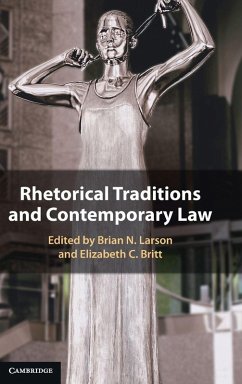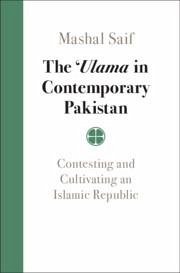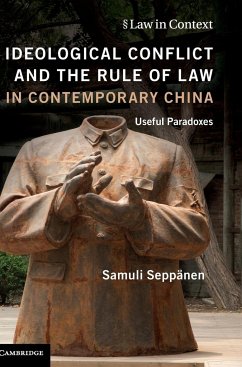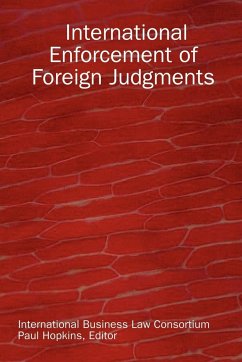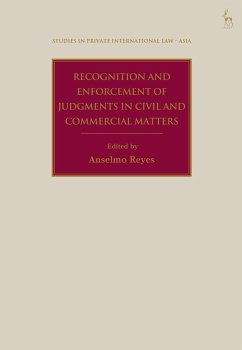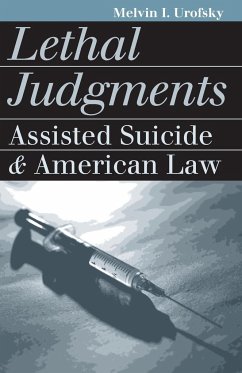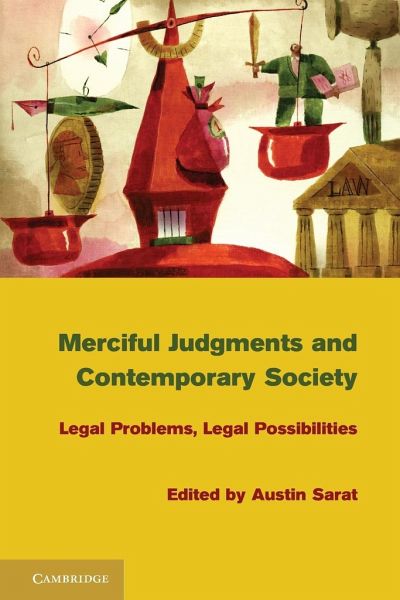
Merciful Judgments and Contemporary Society
Legal Problems, Legal Possibilities
Versandkostenfrei!
Versandfertig in 1-2 Wochen
42,99 €
inkl. MwSt.

PAYBACK Punkte
21 °P sammeln!
Merciful Judgments and Contemporary Society: Legal Problems, Legal Possibilities explores the tension between law's need for and dependence on merciful judgments and suspicions that regularly accompany them. Rather than focusing primarily on definitional questions or the longstanding debate about the moral worth and importance of mercy, this book focuses on mercy as a part of, and problem for, law. This book is a product of the University of Alabama School of Law symposia series on 'Law, Knowledge and Imagination'. It explores the ways law is known and imagined in a diverse array of discipline...
Merciful Judgments and Contemporary Society: Legal Problems, Legal Possibilities explores the tension between law's need for and dependence on merciful judgments and suspicions that regularly accompany them. Rather than focusing primarily on definitional questions or the longstanding debate about the moral worth and importance of mercy, this book focuses on mercy as a part of, and problem for, law. This book is a product of the University of Alabama School of Law symposia series on 'Law, Knowledge and Imagination'. It explores the ways law is known and imagined in a diverse array of disciplines, including political science, history, cultural studies, philosophy and science. In addition, books produced through the Alabama symposia explore various conjunctions of law, knowledge and imagination as they play out in debates about theory and policy and speak to venerable questions as well as contemporary issues.







